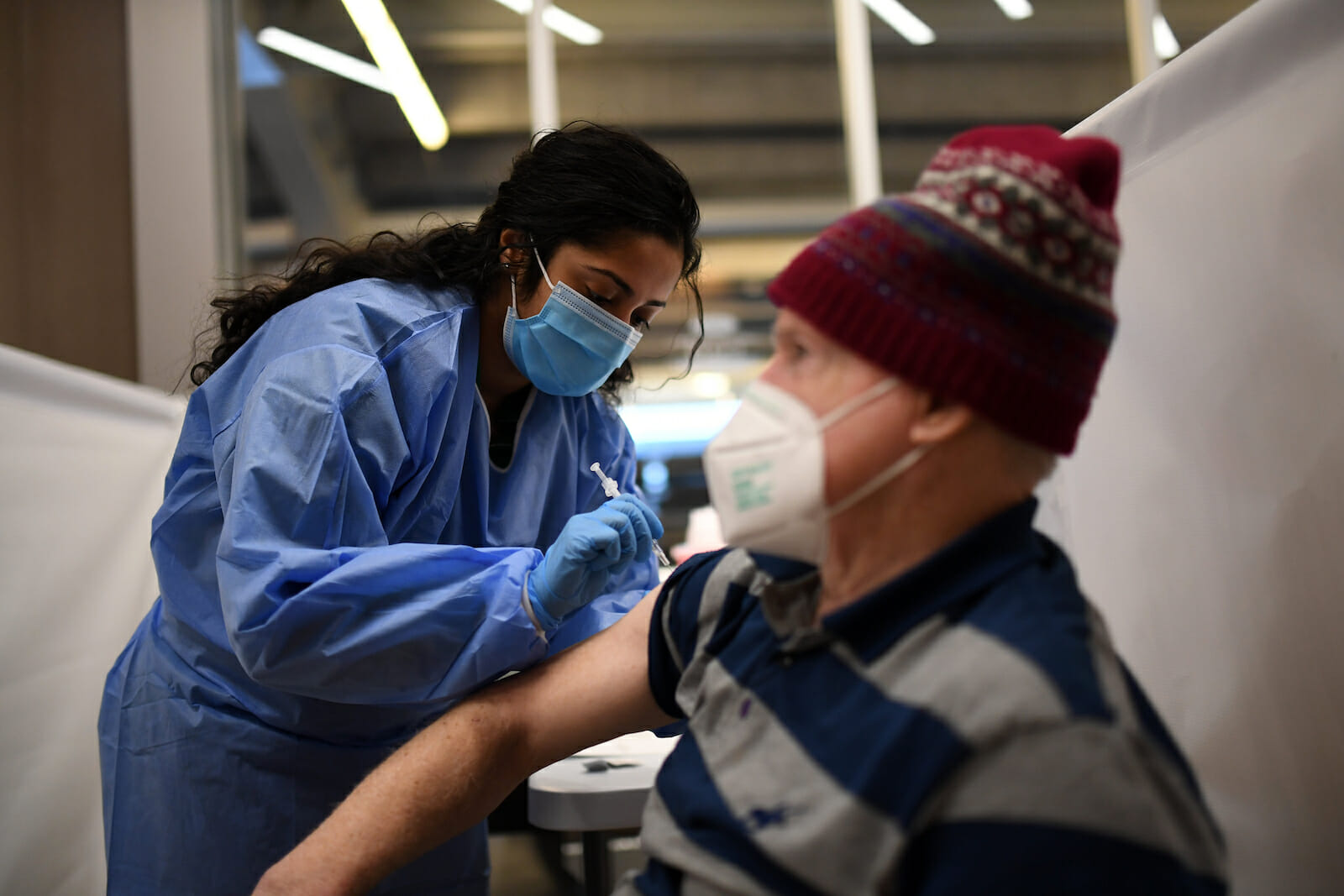
Tech
FDA Releases Action Plan for Medical Devices
Medical devices have come a long way. From standard monitoring systems all the way to wearables, these devices provide powerful and, at times, life-saving aid. Now, as more and more devices incorporate artificial intelligence (AI) and machine learning (ML), they require regulation. The U.S. Food and Drug Administration recently announced new steps in that direction.
On January 12, 2021, the FDA released its plan — the Artificial Intelligence/Machine Learning (AI/ML)-Based Software as a Medical Device (SaMD) Action Plan. In the document, the administration lays out the next steps for regulation and rolling out medical devices of all kinds.
The plan comes at a time when the COVID-19 pandemic is again reaching peak levels in the U.S. and around the world. As societies respond to the pandemic, digital health has become a norm. Now, the FDA is getting on board and seeking to make the right changes. That way, they can ensure these devices are effective and safe for everyone.
However, with changes like these, industries of all kinds — primarily manufacturing, healthcare, and technology — are going to see ripples. An adjustment is coming in America, with the FDA trying to stay ahead of the trends and the pandemic.
Details of the Plan
The plan spans from initial changes to the widespread effects the FDA hopes to see. First, the agency takes into account product life cycles, patient care, safety, effectiveness, and innovation. These factors are the underlying motivators for making medical device changes. How functional are these devices? Do they last a while? Can they predict conditions properly?
The actions that the FDA is now focusing on include better machine learning development, improved patient care, smarter algorithms, and creating a real-world performance impact. With these goals, the agency can now focus on making medical devices as effective as possible.
Another main action point in this plan is for the FDA to continuously release regulatory frameworks. These guidelines will help manufacturers, tech workers, and healthcare employees understand how they can create, optimize and carry out the right interactions with medical devices.
Regulations and guidelines have long since been part of the FDA’s protocols. Medical device manufacturers comply with ISO 13485 FDA requirements, ensuring safety and standardization for health technologies. As the general public in the U.S. focuses on privacy and security during a pandemic, manufacturers will again need to reevaluate consumer requirements for effectiveness and security.
A top priority will be ensuring these devices have proper encryption to secure all the patient information. Each organization that develops them will be responsible for patient care. These changes are especially important when scams and breaches are abundant.
The AI/ML plan comes from stakeholder feedback that the FDA received in 2019. Moving forward, the agency is sure to consider the needs of the supply chain, too.
How a Biden Administration Changes Things
You may notice that political shifts change everything. The effects trickle down to even the smallest of things, like medical devices. Now that President Joe Biden is in office, the FDA’s methods will look different. Not only does a Biden presidency mean there’s a new head of the FDA in place, but executive orders from the Trump era may see a reversal.
For instance, a Trump executive order from January 2017 changed regulations. It dictated that executive departments, including the FDA, would need to find two regulations to be repealed whenever new regulation comes about.
A seemingly counterintuitive move, adding regulations just to take some away would not help healthcare patients. Instead, Biden is gearing his focus towards the pandemic. This shift means that regulations will be strict and, at times, swift. Helping people, like rolling out new guidelines for medical devices, is the end goal.
The Bigger Movement
The age of digital health is here. With quick adaptation through the pandemic, healthcare providers know how to use tech in-person or from afar. AI and ML devices are part of this movement. As the industry continues to evolve, the FDA is now seeking to catch up with such rapid changes. Then, digital health can truly work for the good of humanity.

